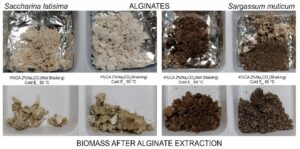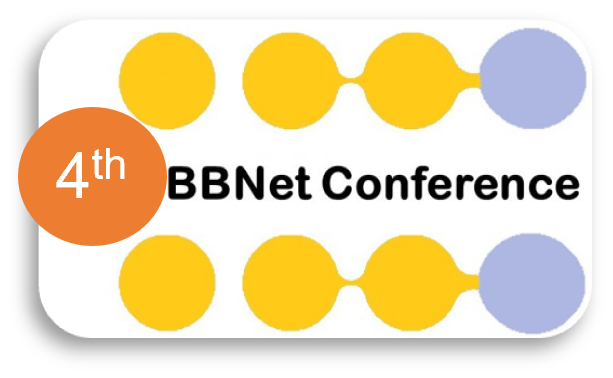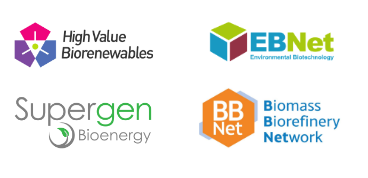Enzymatic production of brown algae derived polyol diacids

- Project lead
- Leonardo Gomez
- Institute
- University of York
Summary:
Brown algal biomass (both wild and farmed) is exploited for food and food ingredients in parts of Asia and Europe, but remains largely unexploited in the UK despite its natural abundance and potential for farming. Research efforts are trying to develop value chains around brown algae in the UK, both through farming or collection. More recently, a new driver for the valorisation has emerged with the widespread algal invasion of Sargassum. Clearing the Sargassum tides from coastal locations represent an expensive and challenging task. Alginates are major structural polysaccharides from the cell walls of brown algae and are polymers of acidic sugars. Acidic sugars are a good starting point for the production of diacids that can be polymerised to make renewable and biodegradable plastics.
Aims:
To establish an efficient and sustainable protocol to extract and hydrolyse alginates from two brown algae (Saccharina and Sargassum), oxidise these acidic sugars into polyhydroxyl diacids and produce polyesters from the diacids obtained. We will develop a novel, biocatalysed method to produce alga-derived functional polymers, leaving the secondary hydroxy groups that impart water solubility and thus make the polyesters applicable to use in rheology modifiers and films for packaging and home care formulations.
Outcomes:
We have optimised the extraction and yield of alginates from Saccharina latisima and Sargassum muticum. We have shown that the extraction of alginates is significantly improved by using a combination of citric acid and sodium carbonate. These alginates can be hydrolyse using chemical or enzymatic procedures to produce uronic acids. The enzymatic hydrolysis of alginates showed that new peak was present by DIONEX and TLC. We have also shown that the products of alginate hydrolysis can be enzymatically oxidised into diacid, potential monomers for polymerisation.
Further work will be necessary to evaluate a commercial case and scale up of the processes explored in this proof of concept project.
Impact:
The full valorisation of seaweed biomass represents the main obstacle to establish a UK based supply chain. Finding high value products derived from seaweed can support a low carbon economic activity that contribute to the bioeconomy. The present project explored the valorisation of a farmed seaweed (Saccharina) and an invasive species (Sargassum) evaluating the alginates obtained from them, optimising the extraction of these alginates and exploring the production of monomers and polyesters that can be derived from the biomass.
Academic partners: Thomas Farmer, University of York; Thierry Tonon, University of York; Alessandro Pelli, University of Natural Resources and Life Sciences, Vienna, Austria
Industrial partners: Dr Jane Whittaker, Unilever; Krisztina Kovacs-Schreiner, Biome Technologies; Michele Stanley, Scottish Association for Marine Sciences; Phil Metcalfe, Biopower Technologies Ltd









